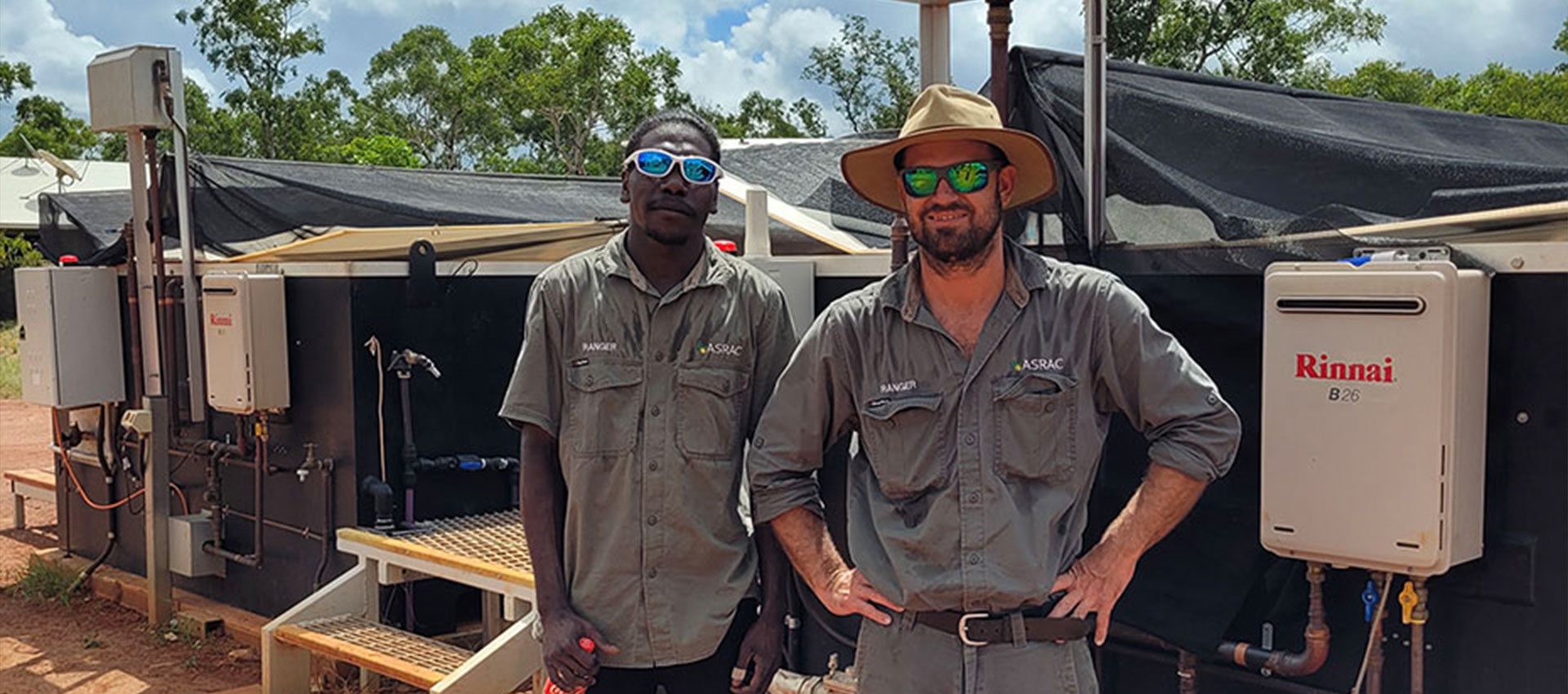
Image: The Bush Bakers Cafe, Milingimbi, Northern Territory
A new employment program in remote Australia
The Australian Government has committed to replacing the Community Development Program (CDP) with a new approach to remote employment that provides real jobs, proper wages and decent conditions, designed in partnership with First Nations peoples.
In February 2024, the Government announced it would invest $707 million to deliver a new Remote Jobs and Economic Development (RJED) program to start in the second half of 2024. The program will initially fund 3,000 jobs to be created over 3 years, and will provide CDP participants in remote communities with meaningful jobs. A new remote employment service will also be established to support and complement the RJED program.
In March 2024, the Minister for Indigenous Australians announced the establishment of a First Nations Reference Group (FNRG). The FNRG is working with Government to design and implement the RJED program and a new remote employment service.
A new approach to remote employment provides real jobs, proper wages and decent conditions.
The NIAA is also working with remote communities, other key First Nations stakeholders, CDP providers and relevant government agencies on the design of RJED and a new remote employment service that is expected to commence in the second half of 2025. Current CDP services will continue until 30 June 2025, alongside the roll-out of the complementary RJED program.
Both the RJED program and the new remote employment service will be informed by remote employment trials. This includes the New Jobs Program Trial, which the Government has expanded to fund up to 300 jobs. This is to support current demand for new jobs in remote Australia until the RJED program commences. The trial projects will deliver enhanced support to job seekers in remote Australia, including by placing participants directly into jobs in community. The trial projects also support the establishment of community enterprises.
The trial projects are supported by monitoring and evaluation of evidence and lessons learned. They are providing valuable insights, lessons and ideas that are informing the design of the RJED program and new remote employment service.
First Nations-specific employment programs delivering sustainable employment
The NIAA is delivering the Indigenous Rangers Program (IRP) which contributes to the maintenance and improvement of Australia’s unique cultural and natural environment and connection to Country. Indigenous youth, men, women and LGBTIQA+ people are employed to work in locally and culturally relevant jobs in land and water management. The program supports access to training and development opportunities that improve their leadership and career pathways in land and water management and supports greater engagement with emerging technologies.
The IRP has operated since 2006, is internationally recognised, and now employs around 2,000 rangers across Australia, including in remote and regional Australia. Projects under this program are locally driven, with Country managed according to the aspirations of Traditional Owners, knowledge holders and community to achieve environmental, cultural, social and economic objectives.
The Government is committed to expanding the IRP to increase the number of Indigenous rangers to 3,800 by the end of the decade and is working towards gender equality in ranger positions. The expansion presents the first open competitive opportunity for new organisations to join the IRP in more than 10 years. The first round of grants will be delivered in 2024–25 with funding of $359 million over 4 years, expected to fund approximately 1,000 new Ranger jobs.
Indigenous Ranger Program projects are locally driven and managed.
 Image: Arafura Swamp Rangers at the crocodile hatchery, Ramingining, Northern Territory
Image: Arafura Swamp Rangers at the crocodile hatchery, Ramingining, Northern Territory